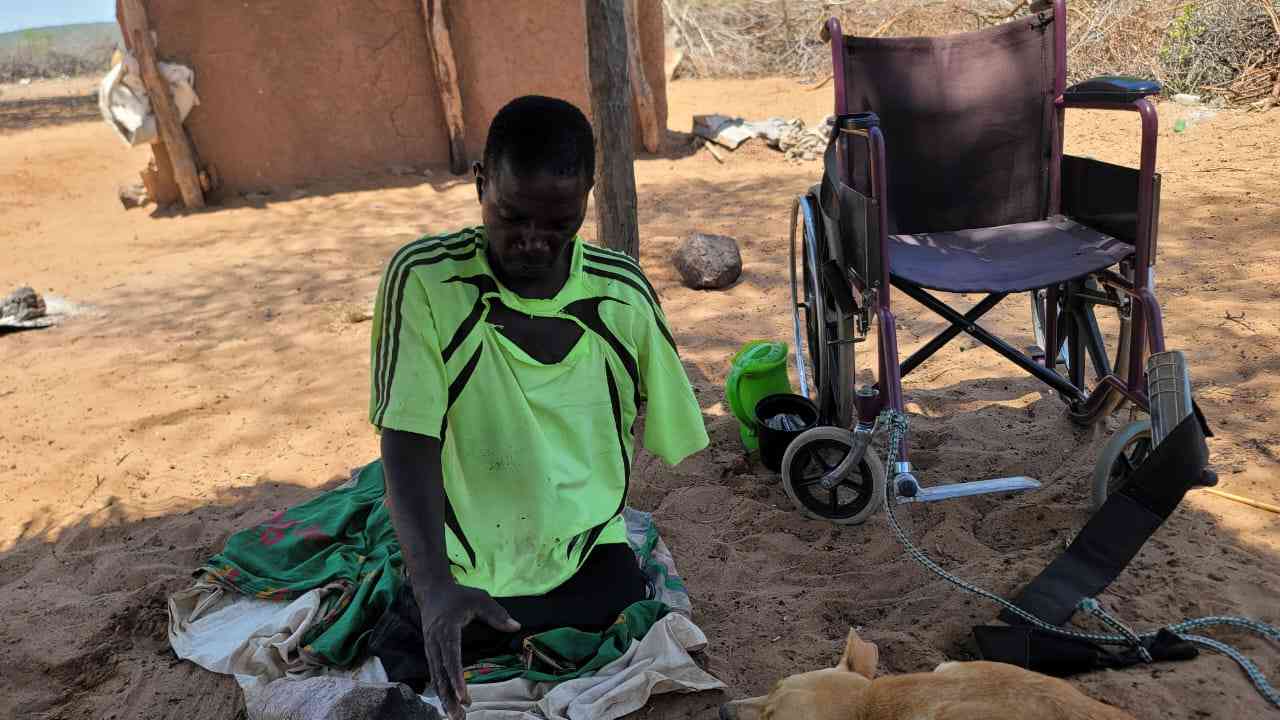
By Tim Middleton
Beware the Jacaranda!” How often have we heard those words? Some readers might take it as a word of warning for unsuspecting listeners of Jacaranda FM, a popular radio station in South Africa which is well-known for its humorous pranks, its most famous one perhaps being the phone call from a fake border crosser to a South African Border Post official.
There is a strong lesson we need to learn not to be taken in by people playing outrageous pranks on us! However, that is not where the warning mentioned above originates.
Many a schoolchild will perhaps have come across it, written on the blackboards by teachers of old, implying that if pupils have not started to revise by the time the jacaranda flowers first appear, they will not do well in their exams. We have been warned!
It does perhaps have echoes of another well-known and age-old saying (even alluded to in the Bible) that: “Red sky at night, shepherds’ (or in some versions, “sailors”) delight: red sky in the morning, shepherds’ warning.” Through this, students of English Literature may well see the words of one of the great Romantic poets, William Wordsworth, personified in these sayings, for in his poem entitled, The Tables Turned, Wordsworth pleads with us to “Let nature be your teacher”. And for all the great teachers throughout time immemorial, Nature is perhaps the clearest, most effective and most articulate teacher, still passing on great nuggets of wisdom, over two centuries after Wordsworth.
Many a child will no doubt agree with Wordsworth when he claimed that, “Books! ‘tis a dull and endless strife” but he did go on to say, “Come, hear the woodland linnet, How sweet his music! on my life, There’s more of wisdom in it.” Get the children to look and learn from the natural world! That is where they will learn important truths. Nature, after all, teaches us deeply about the value, beauty and necessity of diversity, through the huge variety of shapes, sizes, colours, smells of trees, plants, animals, creatures and more —what applies to nature applies to people. Not only is there such rich diversity in all these areas, but there is great significance in each part of the natural world and so in a remarkably similar way children can learn that while they are all beautiful in all their differences, so they all have a place and purpose in the great schemes of life. Each part of nature is dependent on others, just as each human is dependent on others. Nature teaches us many things.
Nature teaches us that we reap what we sow; we cannot expect to reap apples when we plant strawberries. Children cannot expect to reap positive results if they are not prepared to do the hard work of sowing. Indeed, as things do not grow if the soil is not suitable, so children will not develop if their attitude is not open, welcoming and receptive. Nature teaches us that there are good plants and choking weeds and thorns. Nature shows us through the changing natural cycles that we go through seasons in our life. Nature shows us through high mountains and deep valleys that we will experience many different situations in life. Nature often teaches us that, for all our problems, the solution is also found nearby; as the poisonwood tree can cause an extremely painful rash, so the antidote is usually found right beside it in the sap of the gum elemi tree. Let nature be our teacher.
We read and learn poetry not simply for pleasure but also for what we can learn from it, even about nature; when poetry is about nature, we will learn even more. So when Wordsworth, the great poet, writes about nature (as he often did) we should pay even more attention. Perhaps above all, we do well to understand the line in another Wordsworth poem [Tintern Abbey] where we read that, “Nature never did betray the heart that loved her.” However, the way that we treat nature affects the way nature treats us, which is a very real and relevant lesson right now but equally the same lesson applies to the way we as humans treat other people. We have been warned!
- Chamisa under fire over US$120K donation
- Mavhunga puts DeMbare into Chibuku quarterfinals
- Pension funds bet on Cabora Bassa oilfields
- Councils defy govt fire tender directive
Keep Reading
We need to introduce our pupils to the most natural teacher around. This teacher happens to have been around a long, long time, since the beginning of the world, in fact. Nature is the most powerful teacher available for all. We can indeed learn from, as well as beware of, the jacaranda. While the average lifespan of a jacaranda tree is fifty years old, they generally reach maturity after twenty and are capable of re-growth if damaged from fresh falling seeds. The same applies to humans. We need to cross the border and learn from nature. “Enough of Science and of Art; Close up those barren leaves; Come forth, and bring with you a heart That watches and receives.” That is no joke or prank.
- Tim Middleton is the executive director of the Association of Trust Schools [ATS]. The views expressed in this article, however, are solely those of the author in his private capacity and do not necessarily represent the views of the ATS.
email: ceo@atschisz.co.zw
website: www.atschisz










